How a tiny number of musicians from a tiny Caribbean island produced a genre of music that became an entire movement, its influence felt the world over
By NICK MANASSEH/The Big Issue Magazine—

Burning Spear, as a trio in 1970
Photo: GAB Archive/Redferns—
At 55, I’m a bit too young to have gone to the Rock Against Racism demos in London in the late Seventies. But I grew up in their shadow, fed by The Specials and The Clash, in a time where you took sides musically as well as politically. I knew people who liked Blondie and Stiff Little Fingers, but from the age of 13 or 14 there was little doubt that my musical avenue led straight to Kingston, Jamaica. The other stuff just wasn’t serious. And within a few years I had progressed from the Bob Marley Live! album and the odd Trojan compilation to a fully fledged obsession with underground heavyweight roots reggae, and it’s flipside dub, which has never really gone away.
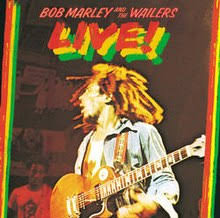
I love and follow modern reggae and I also listen to all sorts of other music these days, but classic reggae remains a kind of default for me. There is something about the great roots music that came out of Jamaica, and a little later the UK, from about 1968 to 1981 that is crucial. Militant gold.
A more militant, more Rasta-conscious, more minor key, more drums and bass-led music emerged from Kingston in the early ’70s, spurred on by the success of Bob Marley and The Wailers, though it was always there in the background. Burning Spear, The Abyssinians, Dennis Brown, The Gladiators, Mighty Diamonds and The Heptones all made music that around 50 years later, and all around the world, is getting more popular rather than sliding into obscurity.
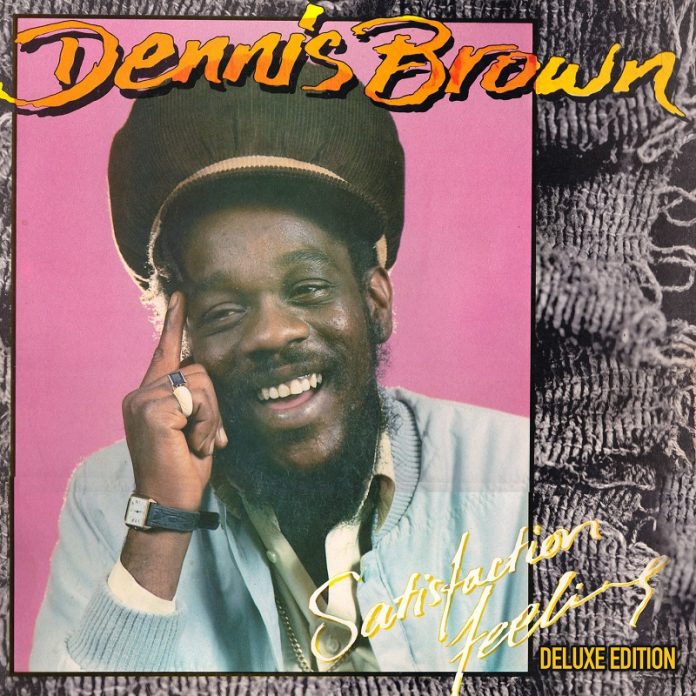
Apart from maybe in the US, it’s fair to say that for many people classic reggae is in their consciousness every bit as much as classic soul, or any other genre. And all from a little island in the Caribbean populated largely by a people whose ancestors were brutally transported there as slaves from West Africa hundreds of years before. And all, at least as far as the studios and musicians go, the work of what, 100 people?
Take a print or digital subscription to The Big Issue and provide a critical lifeline to our work. With each subscription we invest every penny back into supporting the network of sellers across the UK. A subscription also means you’ll never miss the weekly editions of an award-winning publication, with each issue featuring the leading voices on life, culture, politics and social activism.
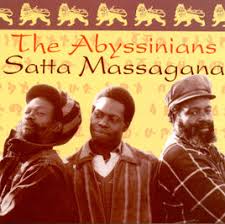
The original Kingston musical scene was small, how many great bass players were there? Robbie Shakespeare, Boris Gardiner, Lloyd Parks, George Fullwood, Leroy Sibbles – not many. How many studios? Five or six?
Perhaps this intimacy helped to develop styles that became quickly acknowledged, then superseded by the next trend, but always returned to. One drop, steppers, rub-a-dub, Nyabinghi and so on, styles that are part of the language of reggae. Reggae had a good few years to itself to develop, before the big UK labels, Island and Virgin in particular, headed to Kingston with their cheque books. Before that it was all about Jamaica and the West Indian communities in London and New York. So by the time Bob Marley and The Wailers were sound checking at the Lyceum [in London in 1975, where the Live! album was recorded], reggae was set.
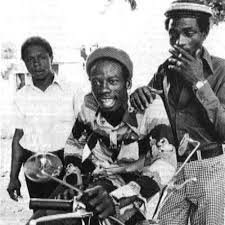
The music has the power of originality, clarity, space and an eternal message common to all people – the struggle against what oppresses you. It’s a music that’s mostly ‘unaugmented’. This means that with reggae there is a very clearly defined difference between a ‘major’ tune and a ‘minor’ tune. Usually, the mournful, mystical sounds of minor chords are the place where songs that come from struggle, hardship and injustice surface. Songs you can’t argue with, songs that have authority just with their sound.
You might not immediately identify with “Jordan River go roll, a go roll”, as Burning Spear would say, or get the biblical reference and what that might mean for a Black artist who is concerned with throwing off mental slavery and colonial mindsets, but you get the authority. Play Marcus Garvey from the album of that name. It blazes. Nothing sounds like it. The righteous anger, the love it expresses, and above all the dignity. It exploded into the world in 1975, and it’s still exploding.
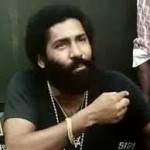
And it’s produced by Jack Ruby, which brings us to another aspect of reggae that may explain part of its enduring hold. The characters: so much larger than life. Taking his name from the gangster who shot Lee Harvey Oswald, Ruby was an entrepreneur based in Ocho Rios on the north coast of Jamaica. I saw him once at his ‘Jack Ruby Lawn’ outdoor dance venue in 1987 showing some posh-looking Americans around as we raved to his massive sound system. Look him up, there’s some great stuff online, he’s such an impressive character.
And there was King Tubby and Augustus Pablo, Lee Perry and Coxsone Dodd, Joe Gibbs and Harry Moody. Great personalities who made big names for themselves and who made things happen and who people gathered around. People you want to know more about. Reggae draws you in like this; a little knowledge is a dangerous thing.
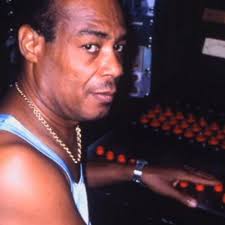
Reggae has become like a kind of international language. It’s synonymous with peace, love and justice. Walk an airport anywhere, as far from Jamaica as possible, with a prominent Rastaman and watch people smile and say “Yeah! Bob Marleeey!” It can be annoying but it shouldn’t be, it’s something to be proud of – a real consciousness born in one of the toughest places in the world that has spread throughout it. Good reggae is now made in many countries by all races. There’s a scene in any big town anywhere, and it’s usually a nice one because it attracts good people who are looking for a little more meaning from their music and in their lives.
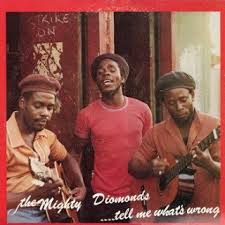

Once the seed is planted, reggae becomes like a musical foundation to your life. It’s like a bedrock of almost psychedelic African-ness. It speaks of old themes and it speaks in metaphor. You can just let it sweep over you, you don’t even have to pay too much attention. It will change your life anyway.
Nick Manasseh is a DJ and producer. His album with David Hill, Soul Revivers: On The Grove is out now on Acid Jazz
@soulrevivers
This article is taken from The Big Issue magazine. If you cannot reach local your vendor, you can still click HERE to subscribe to The Big Issue today or give a gift subscription to a friend or family member. You can also purchase one-off issues from The Big Issue Shop or The Big Issue app, available now from the App Store or Google Play.


You must log in to post a comment.